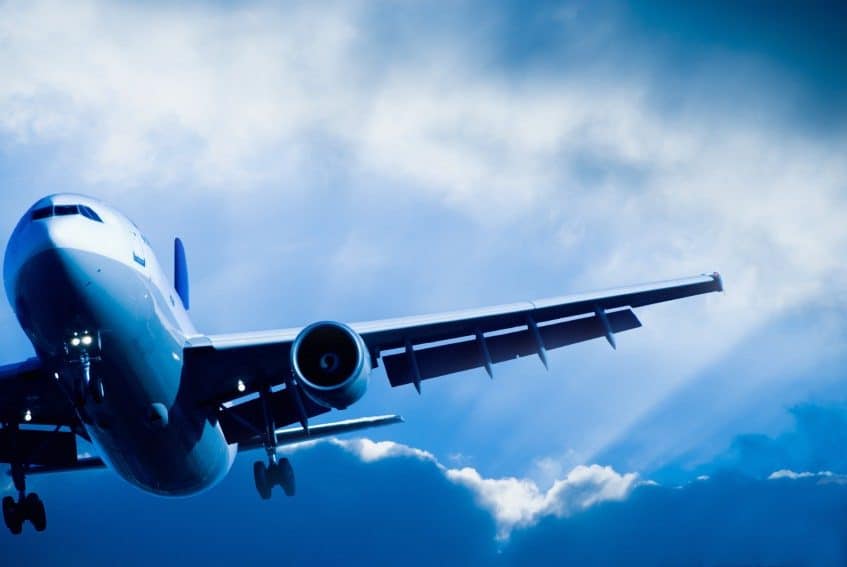On February 14, 2008, thousands of passengers were stranded for up to ten hours onboard several JetBlue Airways aircraft on the tarmac at Kennedy International Airport. The passengers complained that they were deprived of food and water and that restrooms were not available as toilets had overflowed. A month later, several hundred passengers travelling with several other airlines were stranded aboard planes at JFK after a day-long ice storm. In response, New York State passed a law providing airline passengers with certain minimum rights, which if violated would attract fines payable by the airlines. The New York State law was later “struck down” in a court decision finding that aviation was under federal and not state jurisdiction.
European Regulation (EC) No. 261/2004 is currently in effect in the European Union and establishes minimum rights for passengers in cases of denied boarding, denied flights and cancelled flights. The Regulation sets out specific dollar amounts (in Euros) that passengers are entitled to be paid in certain cases of denied boarding and cancellation of flights.
It initially appeared that Canada was not going to follow the United States and the European Union by enacting passenger rights legislation. Instead, on September 5, 2008, the Government of Canada announced the launch of a “Flight Rights Canada” policy initiative aimed at strengthening consumer protection for air travellers. The initiative was supported by Canada’s national airlines.
However, a Member of Parliament subsequently tabled Bill C-310, proposing a law very similar to the European Regulation. In Canada, a Bill must survive three readings in the House of Commons before it becomes law. On May 13, 2009, the Bill passed Second Reading by a vote of 139-131 and was referred for study by the House of Commons Standing Committee on Transport, Infrastructure and Communities.
On November 24, 2009, the Standing Committee presented its recommendation that the House not proceed further with Bill C-310 because it made air carriers responsible for passenger inconveniences and excluded the responsibility of other parties such as the airport authority, Nav Canada, Canadian Air Transport Security Agency (CATSA), and the Canadian Border Services Agency. As a result of the Standing Committee’s recent recommendations, it appears unlikely that Bill C-310 will be passed into law.


